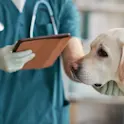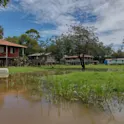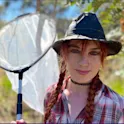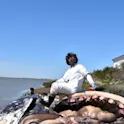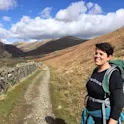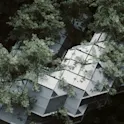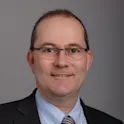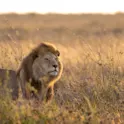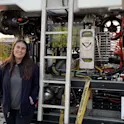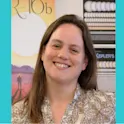Can lions coexist with cattle in Africa?
by Laurence G Frank/Deborah Pirchner, Frontiers science writer Image: Shutterstock Protecting lions and the interests of cattle producers in Kenya is a difficult balancing act. In a recent Frontiers in Ecology and Evolution article, Dr Laurence G Frank, a researcher at the Museum of Vertebrate Zoology at the University of California, Berkeley, and the Mpala Research Centre in Laikipia, Kenya, explored how protecting livestock can help protect endangered lions. As part of our Frontiers Scientist series, Frank, who also is the director of Living With Lions, a conservation research group working in nonprotected areas of Kenya to save the remaining wild lions and other predators outside National Parks, caught up with Frontiers to tell us about his career and research. What inspired you to become a researcher? All children love animals and some who never grow up become zoologists. At the age of 10 I was introduced to field biology at a local community museum, where we were taught basic ecology and animal behavior, collecting and specimen preparation technique, and formal field note format. My weekends were spent pestering local reptiles and trapping small mammals in the Bay Area hills; many of my juvenile specimens are in the California Academy of Sciences […]
